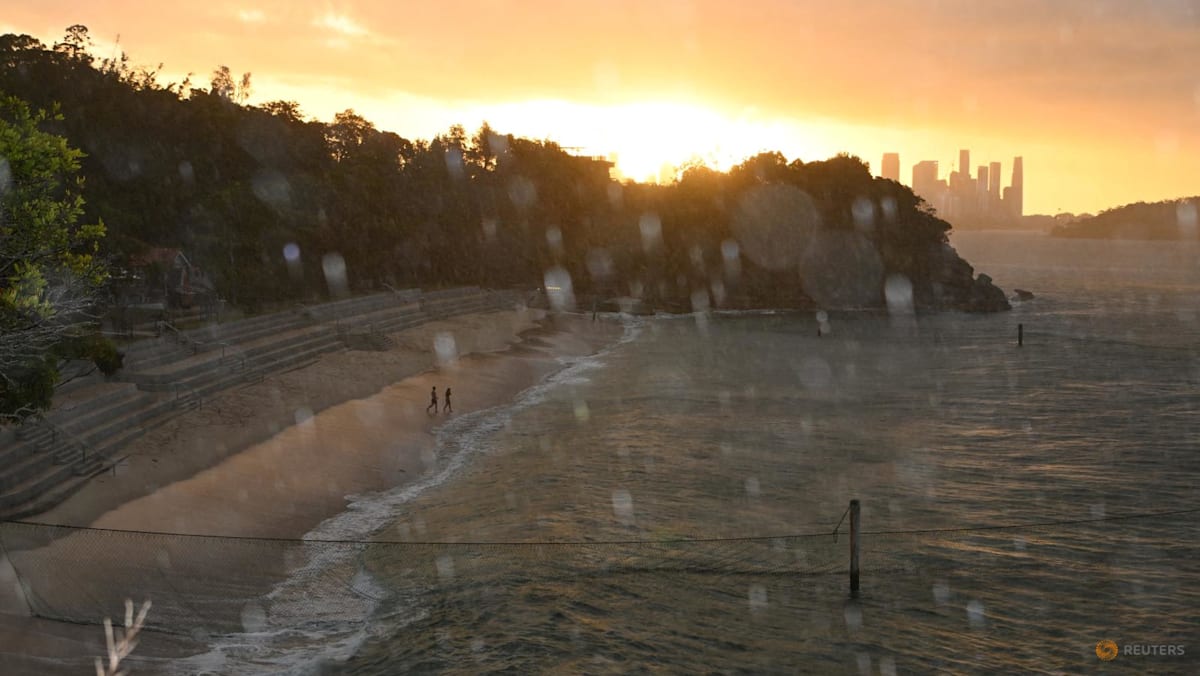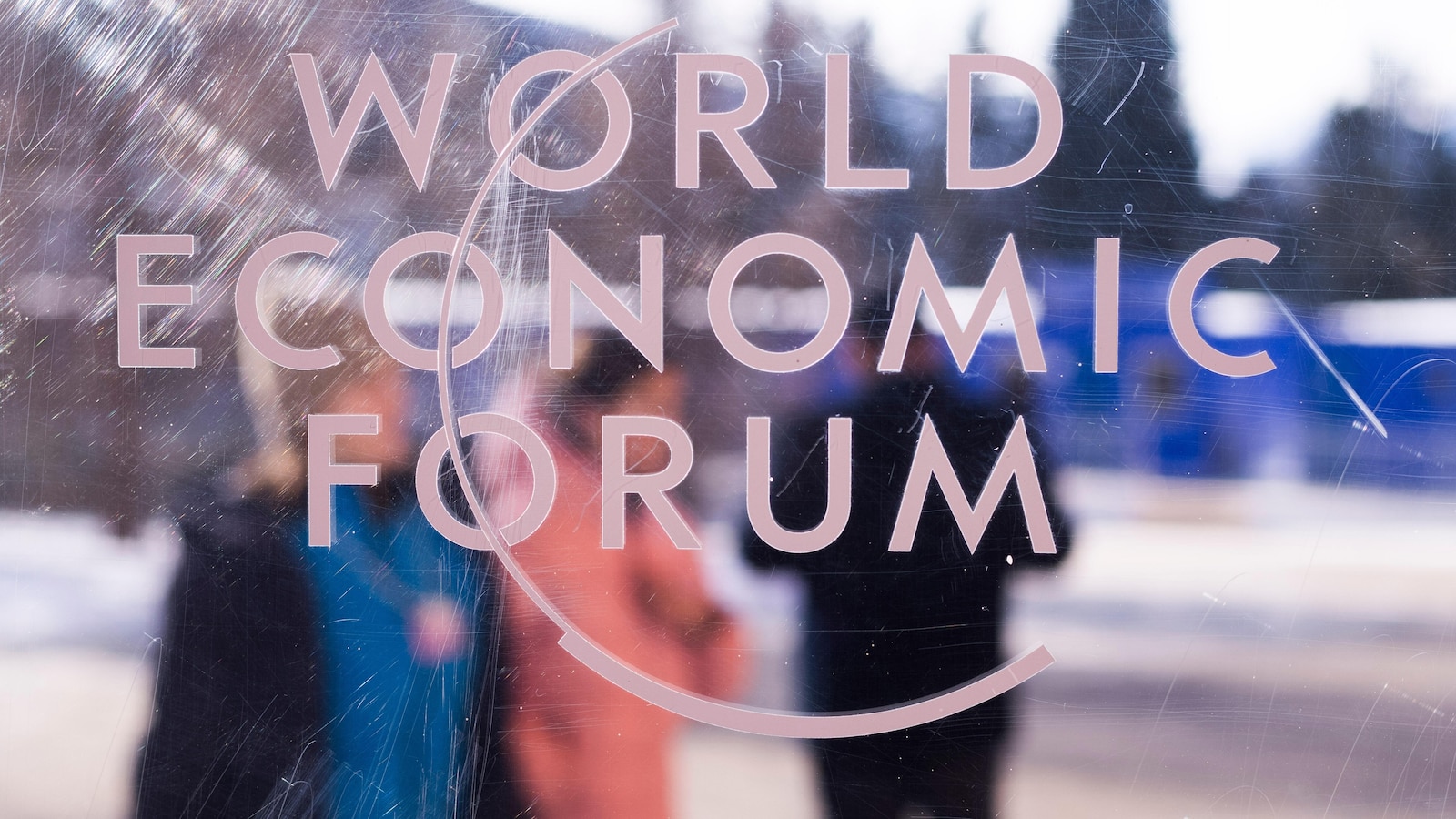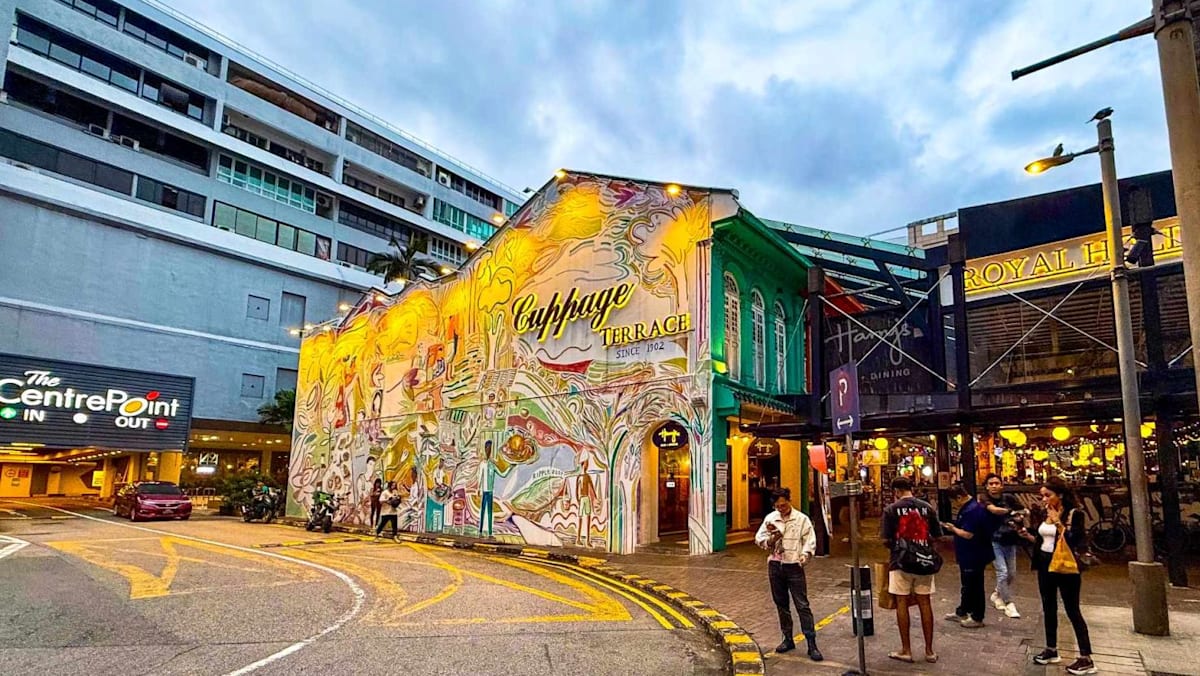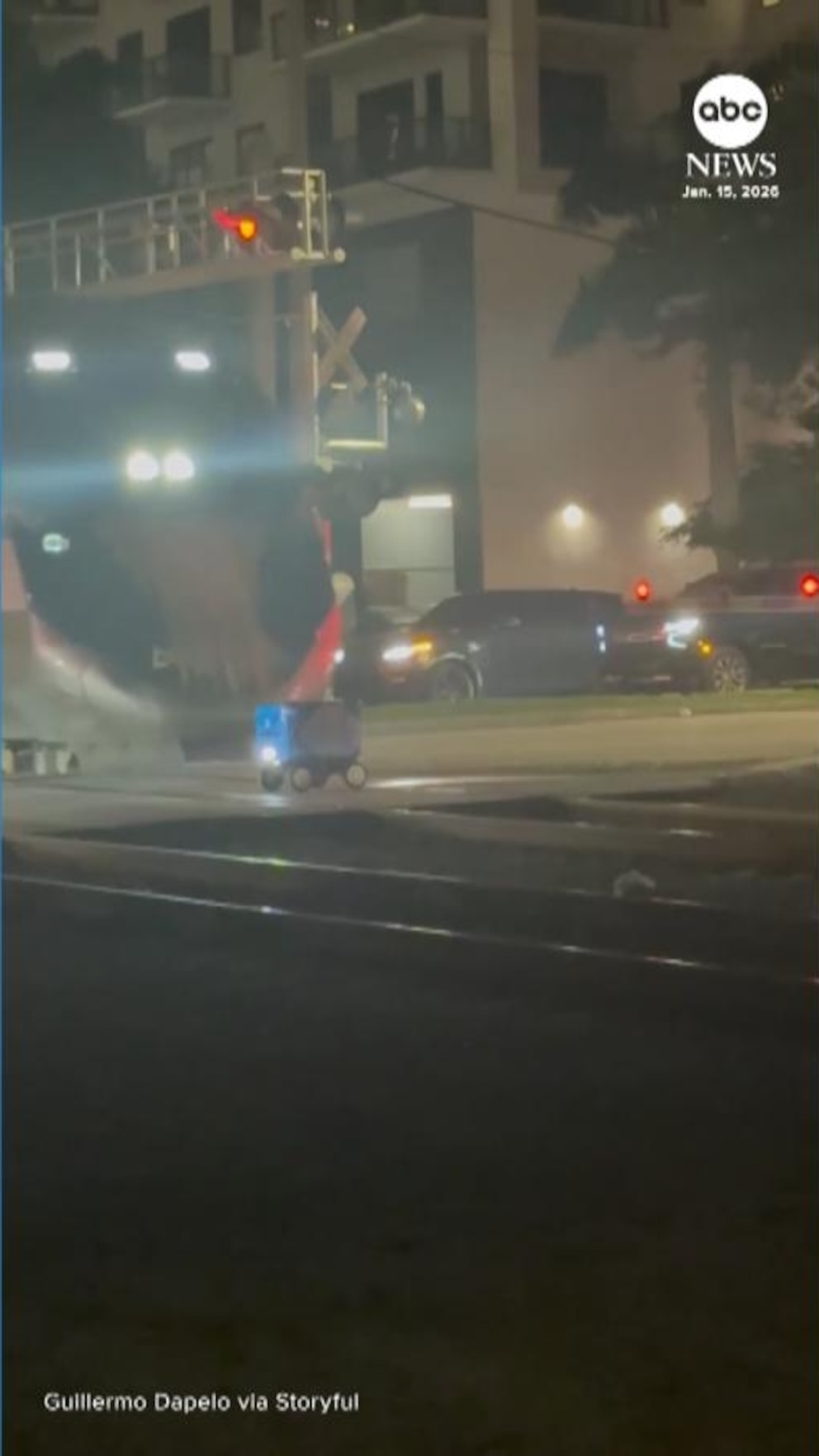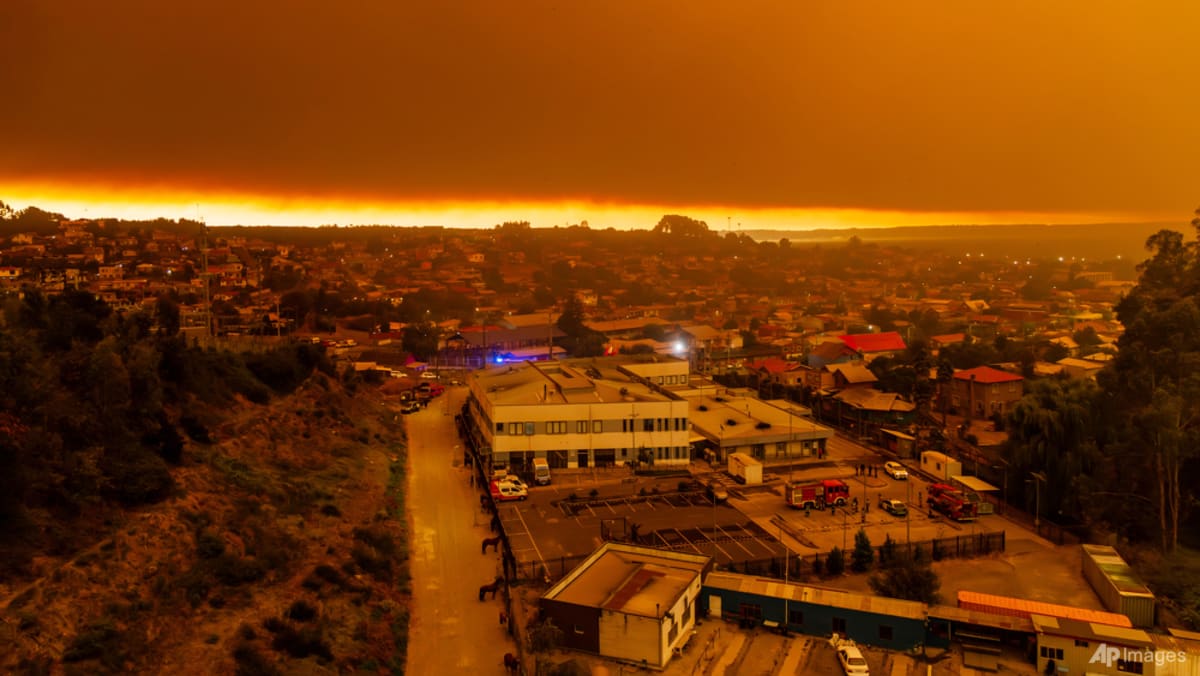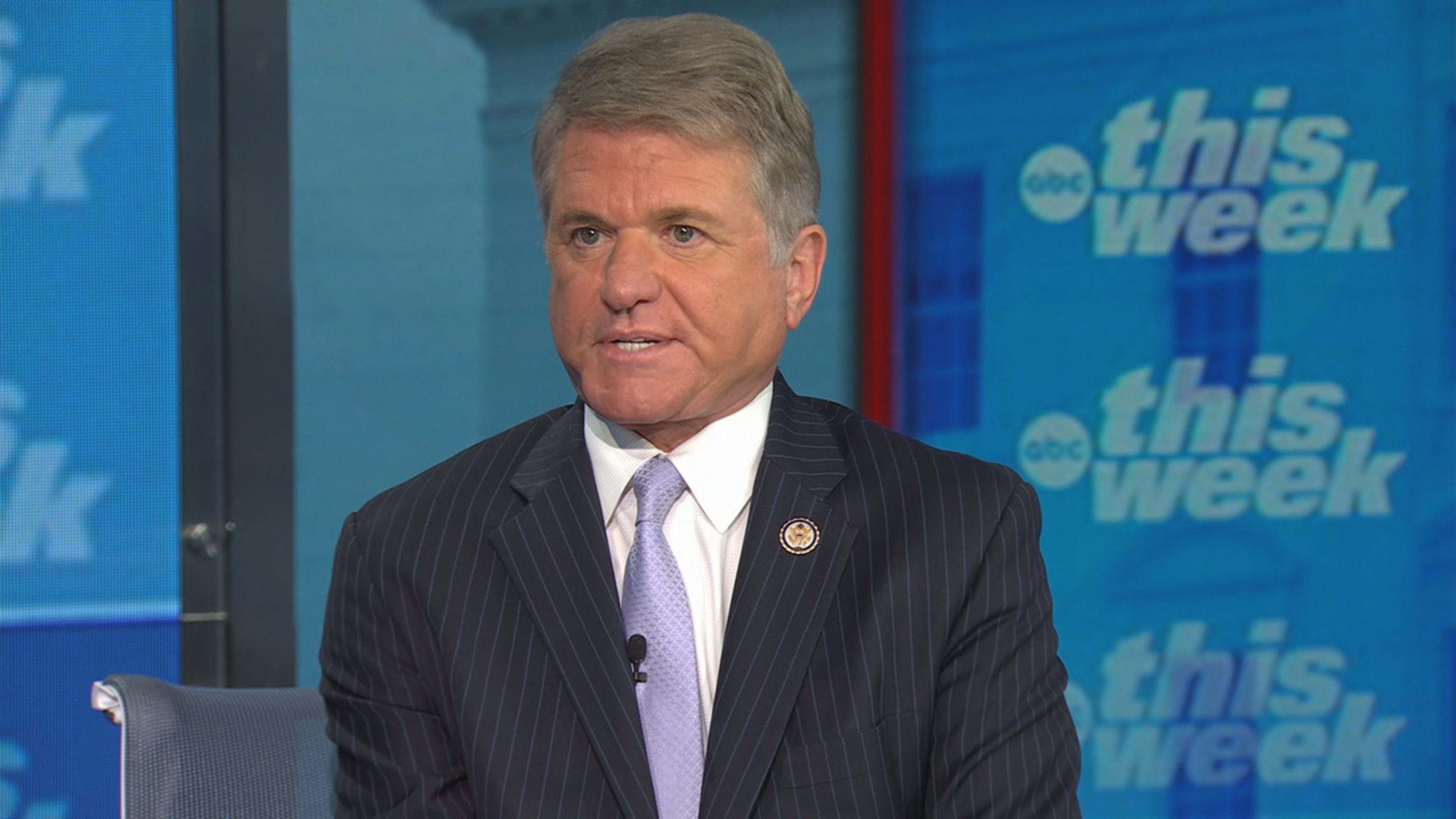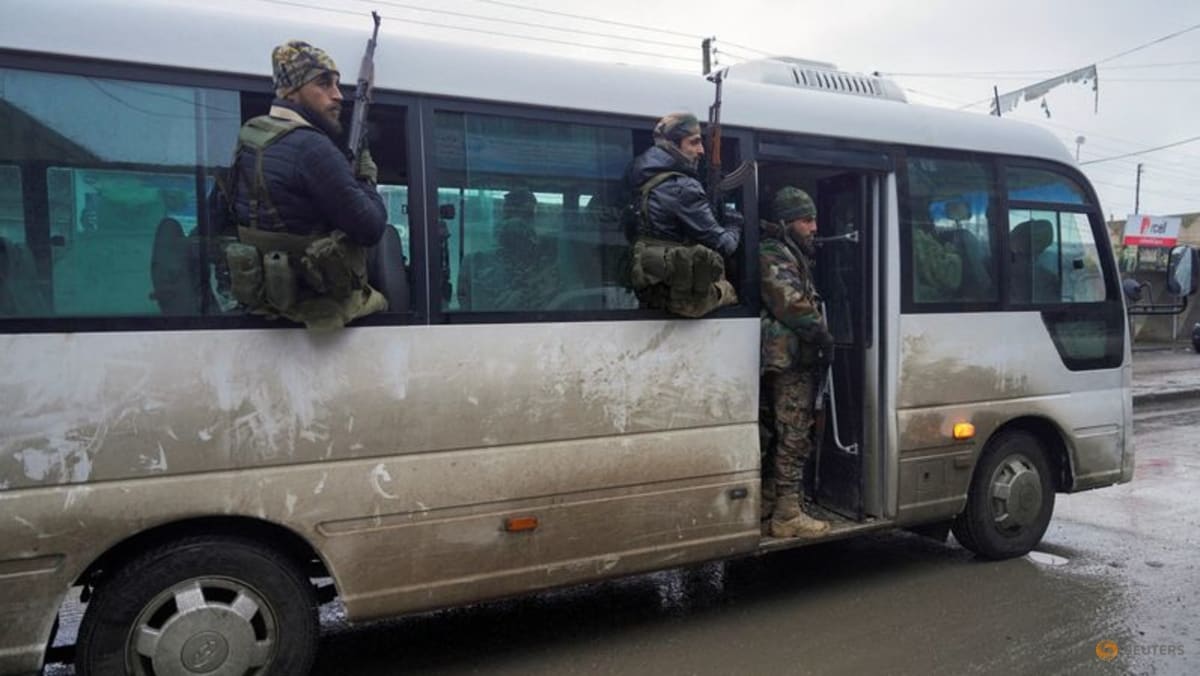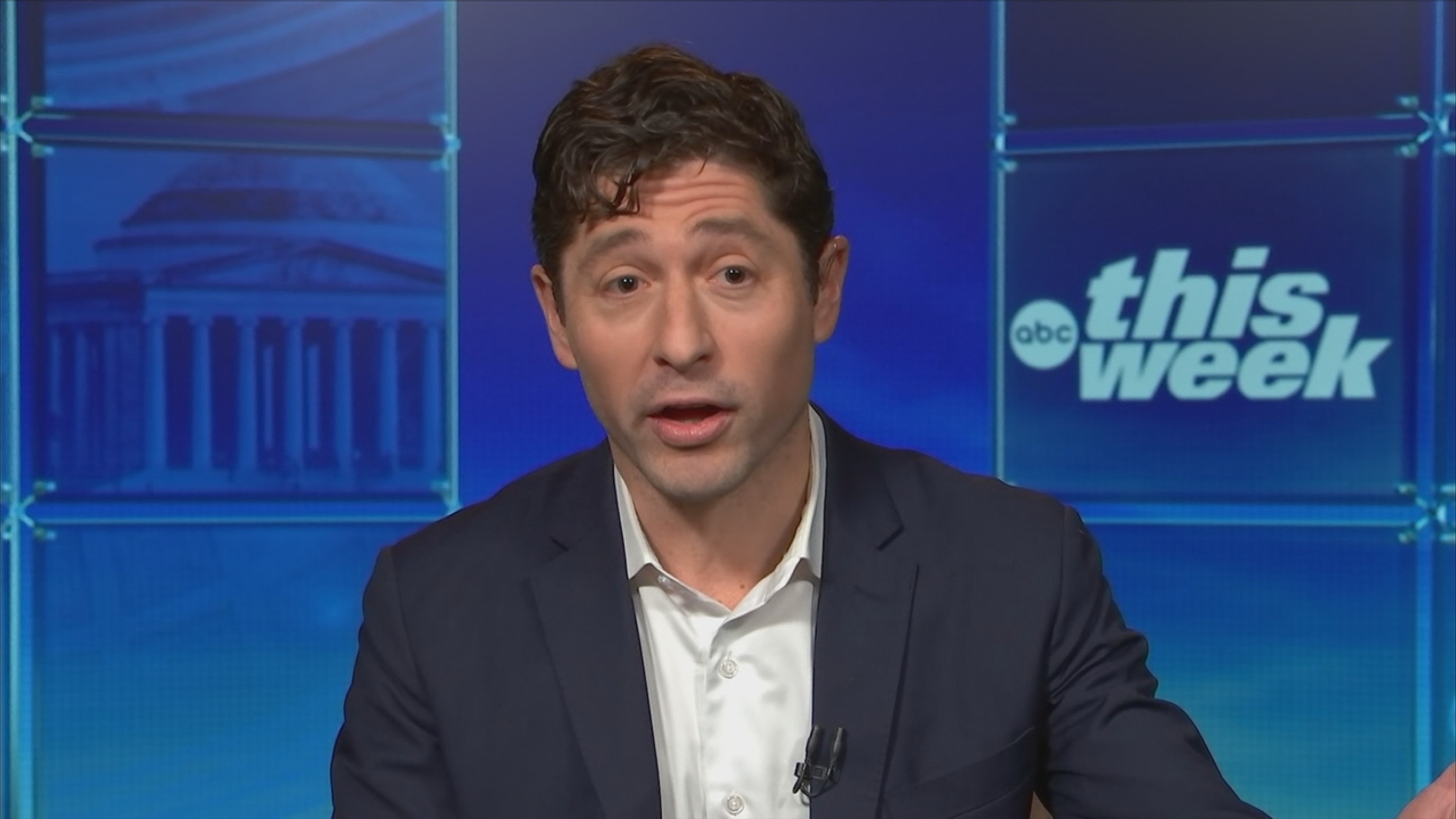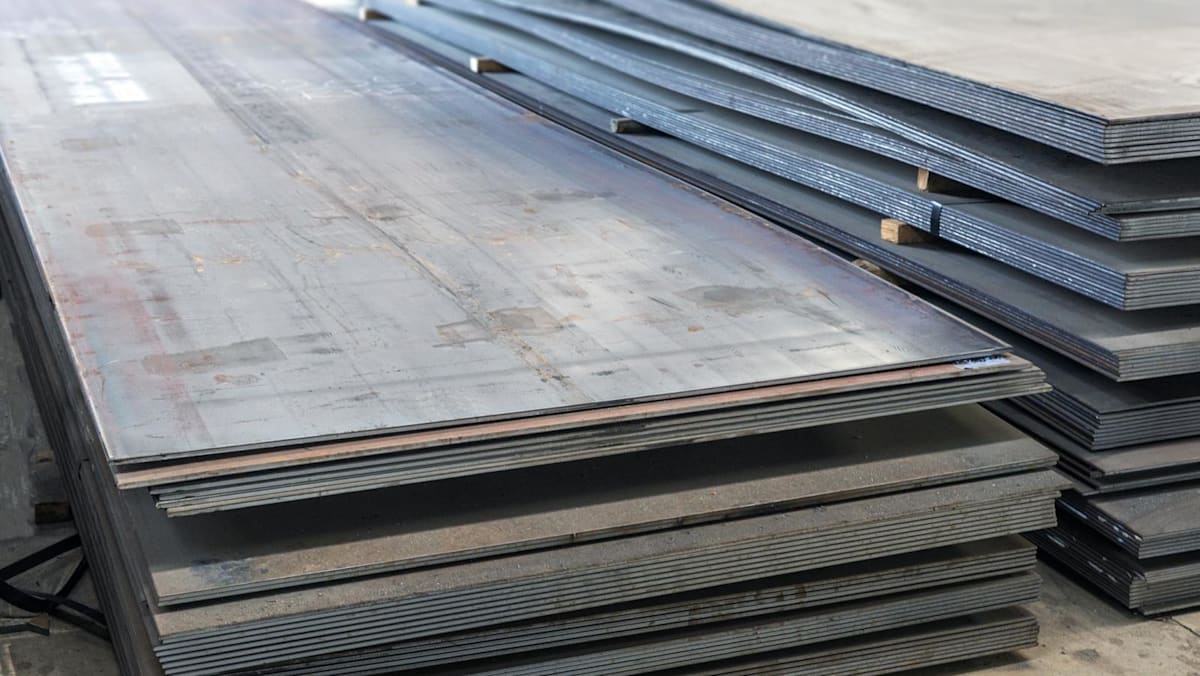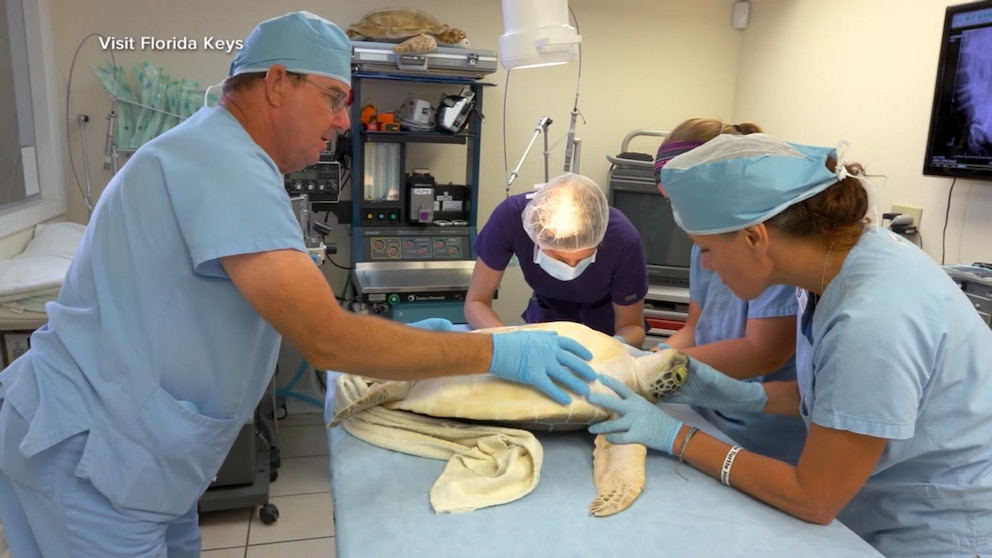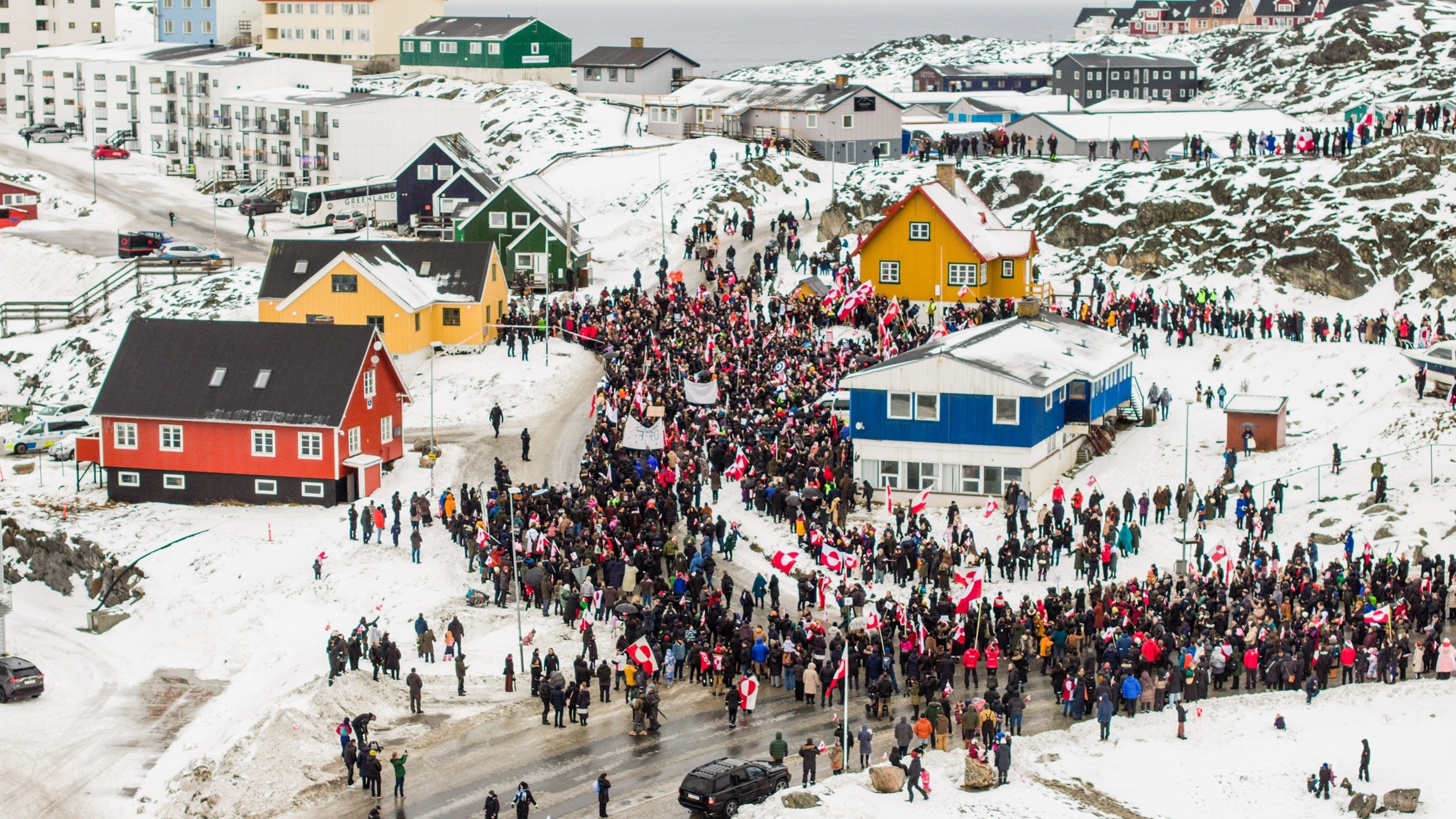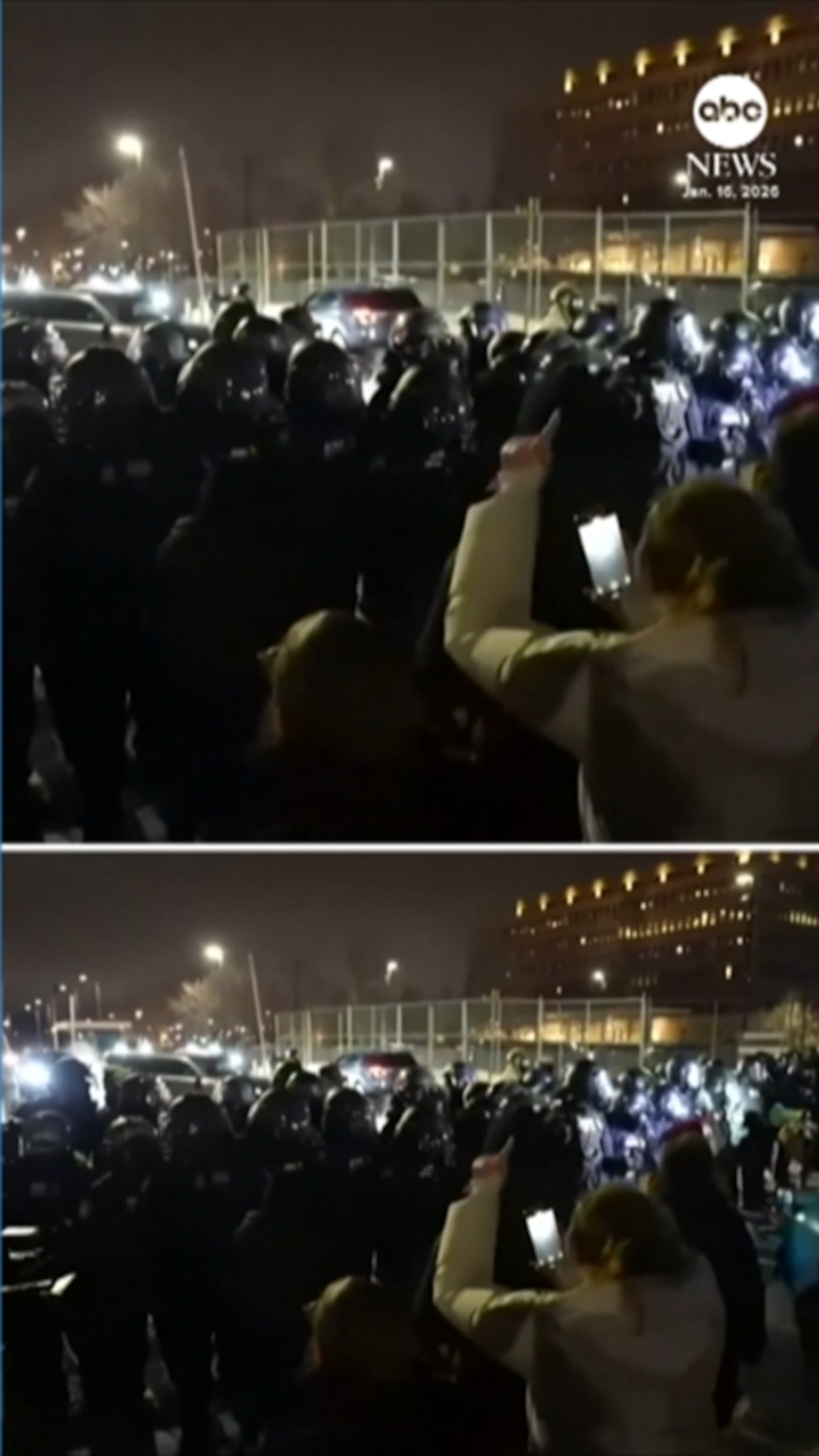Dutch government collapses over bitter migration row
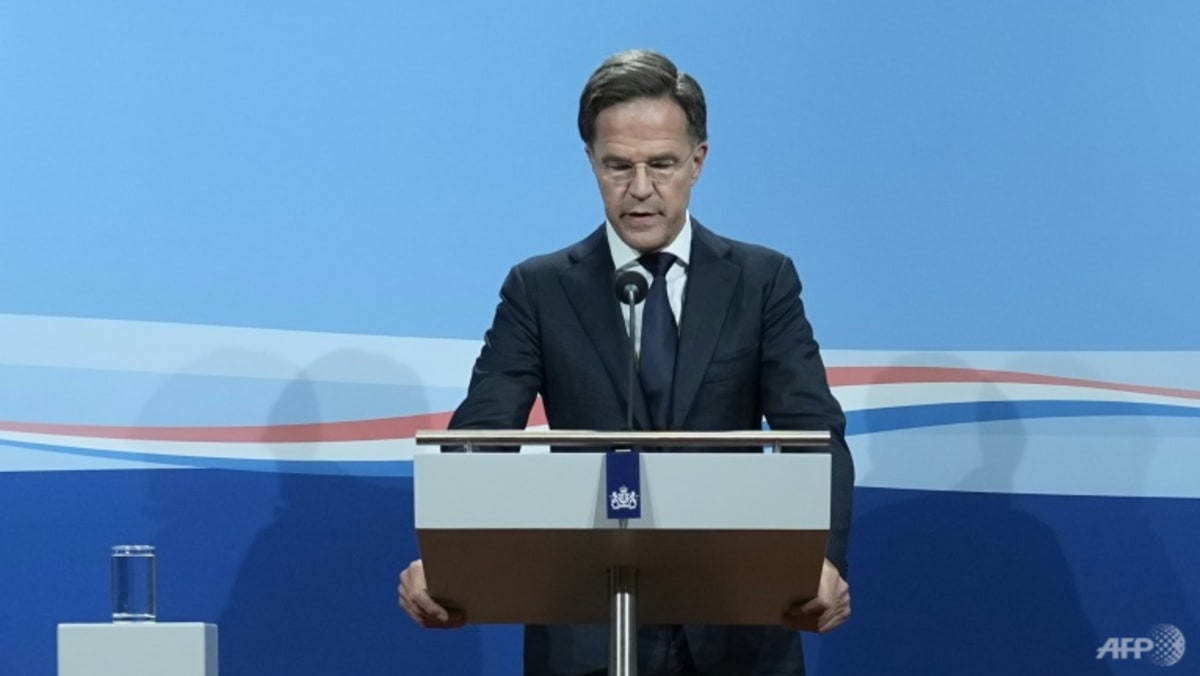
“VERY DISAPPOINTING”
The earliest that elections can be held is in mid-November, the Dutch election commission said.
Rutte said he would lead a caretaker government until then that would focus on tasks including support for Ukraine.
The sudden collapse sparked bitter recriminations between the four parties in the year-and-a-half-old coalition, which had been dubbed “Rutte IV”.
ChristenUnie – a Christian Democratic party that draws its main support from the staunchly Protestant “Bible Belt” in the central Netherlands – and centre-left D66 had opposed Rutte’s plan.
He reportedly demanded that the number of relatives of war refugees allowed into the Netherlands be capped at 200 per month.
Rutte had promised to tackle migration after last summer’s migration centres scandal, during which a baby died and hundreds of people were forced to sleep in the open
“The family, that children grow up with their parents, is a core value for us,” said deputy prime minister Carola Schouten of ChristenUnie, adding it was “a very difficult moment”.
Finance Minister Sigrid Kaag of D66 said there was “unnecessary tension in the process” and that the collapse was “regrettable”.
Foreign Minister Wopke Hoekstra of the centre-right Christian Democratic Appeal (CDA) said the fall of the government was “very disappointing, unnecessary and inexplicable to the people of the country”.
“WORRIED”
The Netherlands now faces one of its most stormy and divisive election campaigns in years.
The upstart BBB party, led by farmers who oppose the government’s European Union-backed environmental rules, will be seeking to repeat the success of senate elections that it won earlier this year.
Its leader Caroline van der Plas has refused to serve in a coalition with Rutte, and she didn’t rule out standing for the prime minister’s job if it wins the most seats in the general election.
Local media said Rutte had taken a tough stance on migration to deflect a challenge from the right wing of the VVD, whose voters the farmer party has begun to woo.
And Rutte has long been under pressure on the issue of migration due to the strength of far-right parties in the Netherlands, including that of anti-Islam leader Geert Wilders.
After the collapse of the government, a crowd of onlookers gathered outside the government buildings where the talks had taken place in the historic centre of The Hague.
“I’m quite concerned. I’m worried what the next cabinet is going to look like,” 19-year-old IT worker Marijn Philippo told AFP.
“I hope that the next cabinet will do better than this one, especially in terms of asylum,” added Pieter Balkenende, 32.
Source: CNA


